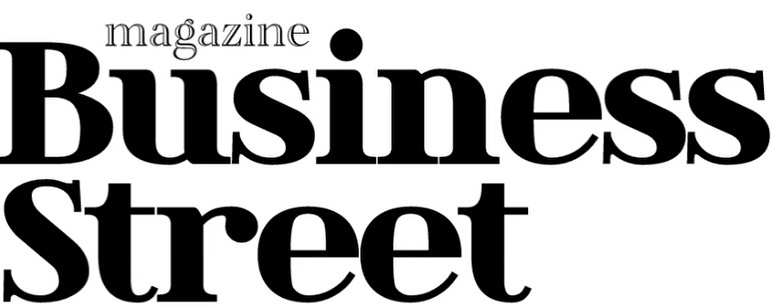G20 Summit 2025 in Johannesburg: Africa Takes the Stage
Between global crises and a new African agenda
The G20 Summit in Johannesburg — the first ever held on African soil — has officially begun. South Africa is setting the tone with its triad of priorities: solidarity, equality and sustainability.
Yet behind the official agenda, geopolitical reality is reshaping the mood of the summit. A newly presented peace plan for Ukraine is dominating conversations, pulling attention von the host’s development-focused priorities and placing global security questions front and center.
The meeting is becoming a test case:
Can the G20 still deliver solutions when major players are absent and international conflicts overshadow economic cooperation?
The absence of Donald Trump and several other top leaders sends a clear signal — global formats are shifting, and so sind expectations about who leads, moderates or simply blocks progress.
For economies and policymakers, the message is unmistakable:
It’s no longer enough to debate structural reforms. Issues like market access, technological sovereignty, Africa partnerships and responsible global growth are more pressing than ever.
And one truth stands out:
When multilateral forums lose momentum, the advantage shifts to those who take action.
SK
